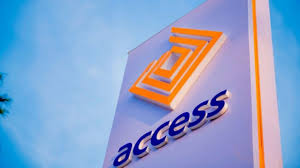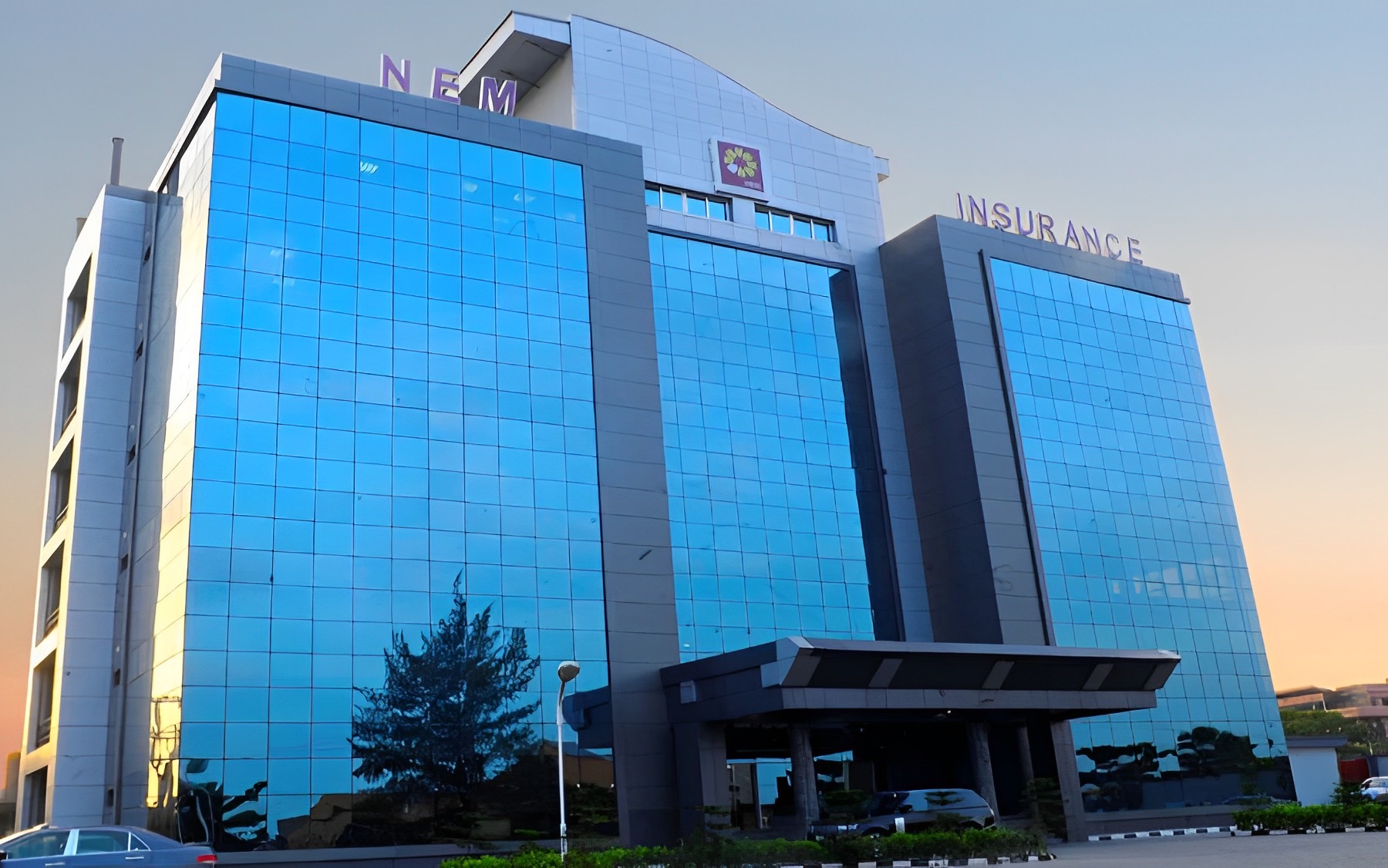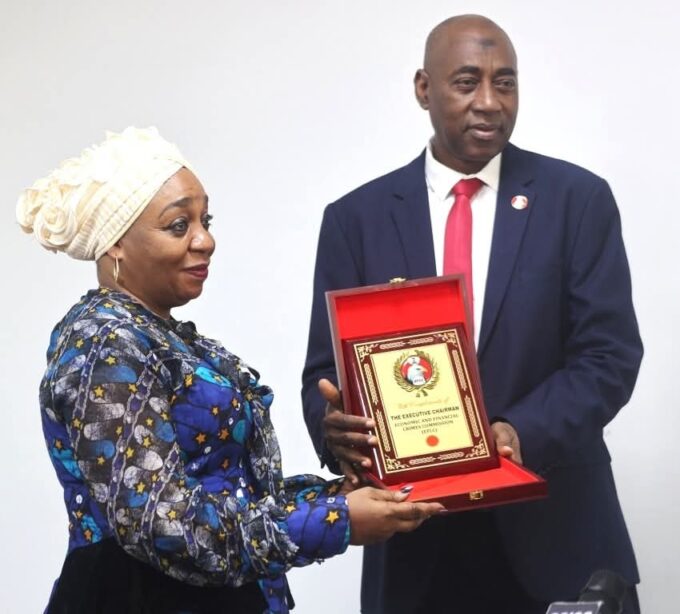Fitch Ratings has revised the Outlook on Nigeria-based Access Bank Plc’s Long-Term Issuer Default Rating (IDR) to Stable from Negative, and affirmed the rating at ‘B’. The Viability Rating (VR) has been affirmed at ‘b’.
The Outlook revision reflects Fitch’s view that risks to Access’s credit profile have receded since the onset of the Covid-19 crisis, as reflected in the bank’s resilient financial metrics in 2020 and 1Q21 and our expectation that these trends will continue. Our action also reflects our view that the bank has sufficient headroom at the current rating level to absorb risks to its asset quality, profitability and capital under our base case, resulting from operating environment pressures.
Key Rating Drivers
IDRS, VR, and Senior Debt Ratings
Access’s IDRs and senior debt ratings are driven by its intrinsic creditworthiness, as defined by its ‘b’ VR. The VR takes into consideration business concentration and sensitivity to Nigeria’s volatile operating environment, mitigated by sound profitability and adequate capitalisation for its risk profile and ensuing reasonable loss-absorption capacity.
The bank’s asset quality has continued to hold up, supported by substantial non-loan assets – largely comprising cash balances at the Central Bank of Nigeria (CBN) (mainly restricted deposits) and government securities – regulatory forbearance on loans, and proactive management of legacy assets at Diamond Bank (acquired 2019).
Access’s impaired (IFRS 9 Stage 3) loans ratio (end-1Q21: 4.4%) compares well with peers, while total reserve coverage is healthy (87%). Impaired loans have fallen due to loan repayments, restructurings, loan conversion to naira from US dollars, and write-offs.
Nevertheless, Stage 2 loans – concentrated in the oil sector – remain high, although they have fallen (end-1Q21: 12.6% of loans; end-1H20: 22%), reflecting the improving economic outlook. We believe migration risk relating to Stage 2 loans should be limited, given the restructuring of a significant proportion of the loans. Total oil-related exposure remains significant (28% of loans), though in line with the sector, and foreign-currency loan exposure since end-2019 has more than halved to 16% at end-1Q21.
Access’s operating profit to risk-weighted assets (RWA) is sound (end-1Q21: 6.1%, up from 3.3 % at end-2020), and has been supported by lower funding costs (reflecting expanding CASA deposits in 2020), increased scale following the Diamond acquisition, and higher oil prices. Non-interest revenue should continue to grow, driven by customer-driven trading income and fee income as economic activity picks up.
Nevertheless, profitability underperforms the highest-rated peers in Nigeria, due in part to integration costs from Diamond Bank. We expect loan-impairment charges to remain high in 2021, although lower than in 2020 when Access reported a one-off charge at its UK subsidiary.
Access’s capitalisation is adequate, as reflected in a Fitch Core Capital (FCC) ratio of 17.7% at end-1Q21, albeit below more highly rated peers. Buffers over regulatory minimums are solid (total capital ratio of 22.2% versus the 15% regulatory minimum). However, Access’s tangible leverage ratio (end-1Q21: 8.0%) is below the highest-rated peers, although we expect it to improve as the profitability outlook recovers.
Capitalisation is sensitive to RWA inflation from likely naira depreciation and concentration risk (end-1Q21: the top 20 loans accounted for 1.73x FCC; 70% in Stage 1), although RWA inflation risks should be mitigated by lower foreign-currency exposure than peers and rising internal capital generation.
Access’s funding profile has continued to benefit from its expanded retail franchise following the Diamond Bank acquisition. CASA deposits rose to 63% of the deposit base by end-1Q21 (end-2019: 58%), driving down funding costs. Fitch believes there is scope to increase the share of CASA further to a level more in line with peers, while funding costs could also fall further as outstanding Eurobonds are refinanced at lower rates.
The bank has good overall balance sheet liquidity but takes foreign currency liquidity risk (and counterparty risk) through substantial currency swaps with the CBN. We consider foreign-currency liquidity to be only adequate, notwithstanding potential liquidity available from the broader Access Bank group, in light of the tight FCY conditions in Nigeria. Naira liquidity is supported by large cash placements (excluding restricted deposits at the CBN) and government securities.
National Ratings
Access’s National Ratings reflect its creditworthiness relative to other issuers in Nigeria. They are lower than the highest-rated Nigerian peers due to Access’s weaker profitability and capitalisation metrics. Access’s National Short-Term Rating of ‘F1(nga)’ is the lower of the two possible options for the bank’s ‘A+(nga)’ National Long-Term Rating under Fitch’s criteria, reflecting potential risks to funding and liquidity from market instability.
Access’s naira-denominated subordinated debt rating is ‘A-(nga)’, in line with the two-notch base-case notching in our criteria.
Rating Sensitivities
Factors that could, individually or collectively, lead to positive rating action/upgrade:
Upside to Access’s ratings is unlikely without a material improvement in the operating environment and a sovereign upgrade, accompanied by further improvement in the bank’s underlying asset quality and a strengthening of its capitalisation to a level more in line with large bank peers.
Factors that could, individually or collectively, lead to negative rating action/downgrade:
A material worsening in the operating environment that leads to greater-than-expected pressure on the bank’s financial metrics, could lead to a downgrade.
The ratings could also be downgraded if Access’s FCC ratio remains below 15% for a sustained period, asset quality weakens significantly – to the extent that its impaired-loan ratio rises above 10% – or there is a severe tightening in the bank’s foreign-currency liquidity.
Best/Worst Case Rating Scenario
International scale credit ratings of Financial Institutions and Covered Bond issuers have a best-case rating upgrade scenario (defined as the 99th percentile of rating transitions, measured in a positive direction) of three notches over a three-year rating horizon; and a worst-case rating downgrade scenario (defined as the 99th percentile of rating transitions, measured in a negative direction) of four notches over three years. The complete span of best- and worst-case scenario credit ratings for all rating categories ranges from ‘AAA’ to ‘D’. Best- and worst-case scenario credit ratings are based on historical performance.
ESG Considerations
Unless otherwise disclosed in this section, the highest level of ESG credit relevance is a score of ‘3’. This means ESG issues are credit-neutral or have only a minimal credit impact on the entity, either due to their nature or the way in which they are being managed by the entity.















